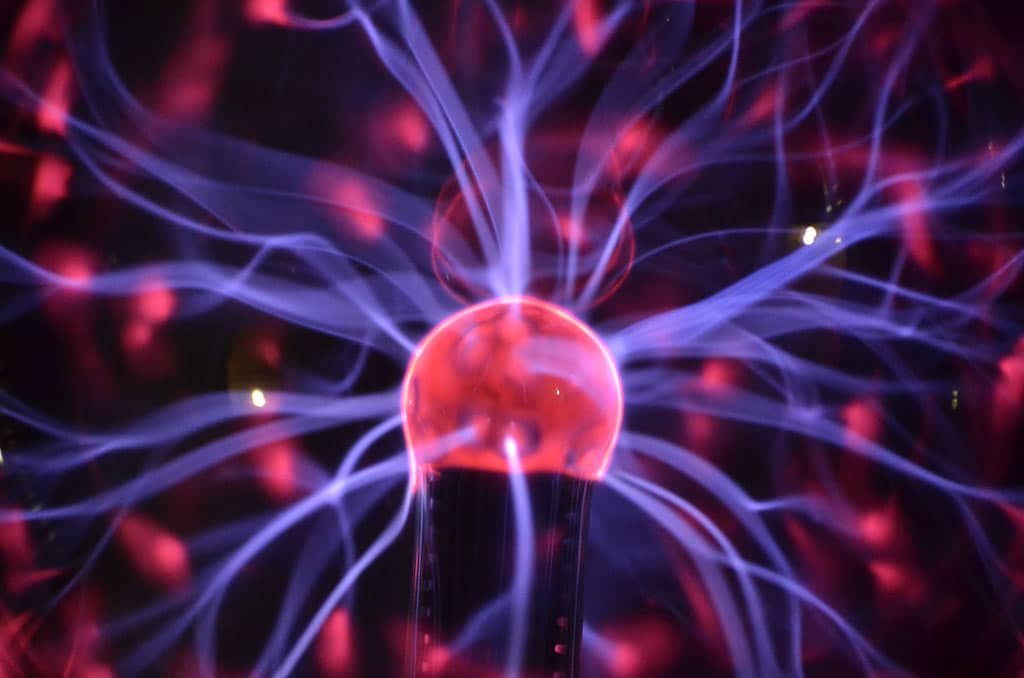We have previously written about the Taxonomy Ordinance. Among other things, the Taxonomy Ordinance sets out when investments qualify as environmentally sustainable. The Taxonomy Regulation forms together with the SFDR (Sustainable Finance Disclosure Regulation), the CSRD (Corporate Sustainability Reporting Directive), the Sustainability Benchmark Regulation the European “Sustainable Finance” legislative package. Since January 2022, the European Council’s Sustainable Finance Expert Group (the “TEG”) has been considering a complement to the Taxonomy Regulation: the streamlining of renewable energy activities such as gas and nuclear power.
Four requirements for environmentally sustainable activities
The Taxonomy Ordinance sets four requirements for environmentally sustainable activities. Article 3 lists that the activities must (i) contribute substantially to one or more of the six environmental objectives of Article 9 Taxonomy; (ii) not seriously undermine these six environmental objectives, (iii) comply with the minimum social rights and (iv) meet the technical screening criteria set by the European Commission.
Transparency about energy sources
The diversity of energy sources used by European Member States is great. While Poland, for example, still uses coal, the Netherlands wants to get rid of gas, Germany wants to get rid of it and France is focusing on nuclear energy. These are just some of the different energy positions of member states. To achieve the goal of the Taxonomy, to provide a clear framework for environmentally sustainable investments, the TEG is looking at how to deal with this European energy mix.
In this context, the European Commission consulted the TEG. The TEG provides scientific advice on the technological progress and transition issues of the Member States. The Commission argues that a clear and defined framework for energy sources will help to reduce these transition problems and contribute to the climate goals. The reasoning is that energy sources should be classified according to their degree of climate neutrality, so that issuers of environmentally sustainable financial products and services should inform investors about which energy sources are involved in the investment. The aim for now is not to ban non-climate neutral energy sources such as carbon, but to enable an informed investment decision. The hope is that transparency about whether investments include gas or nuclear activities will accelerate the phase-out of more harmful energy sources such as coal. The European Union is aiming for an evolution towards a greener energy mix.
Enlargement – gas and nuclear energy “green” under conditions
The European Commission wants to label European gas and nuclear power plants as sustainable and thus add them to the Taxonomy Regulation. This is controversial because this green label for gas and nuclear power was actually kept out of Taxonomy in 2021. To this end, the Commission has amended the delegated taxonomy act on disclosure.
The delegated act on climate contains conditions pursuant to Article 10(2) Taxonomy Regulation, whereby nuclear and gas activities can be added as transitional activities to activities covered by the first delegated act. These conditions are that the nuclear energy and gas activities (i) contribute to the energy transition towards climate neutrality; (ii) (a) in the case of nuclear energy the source meets nuclear and environmental safety requirements or (b) the use of gas contributes to the transition to renewable energy sources and the phase-out of coal. These standards remain subject to the development of technical knowledge and are therefore subject to change.
Do you have any questions about sustainable investing? Then please contact Law & More. Our lawyers on sustainability law will be happy to advise you and answer your questions.





